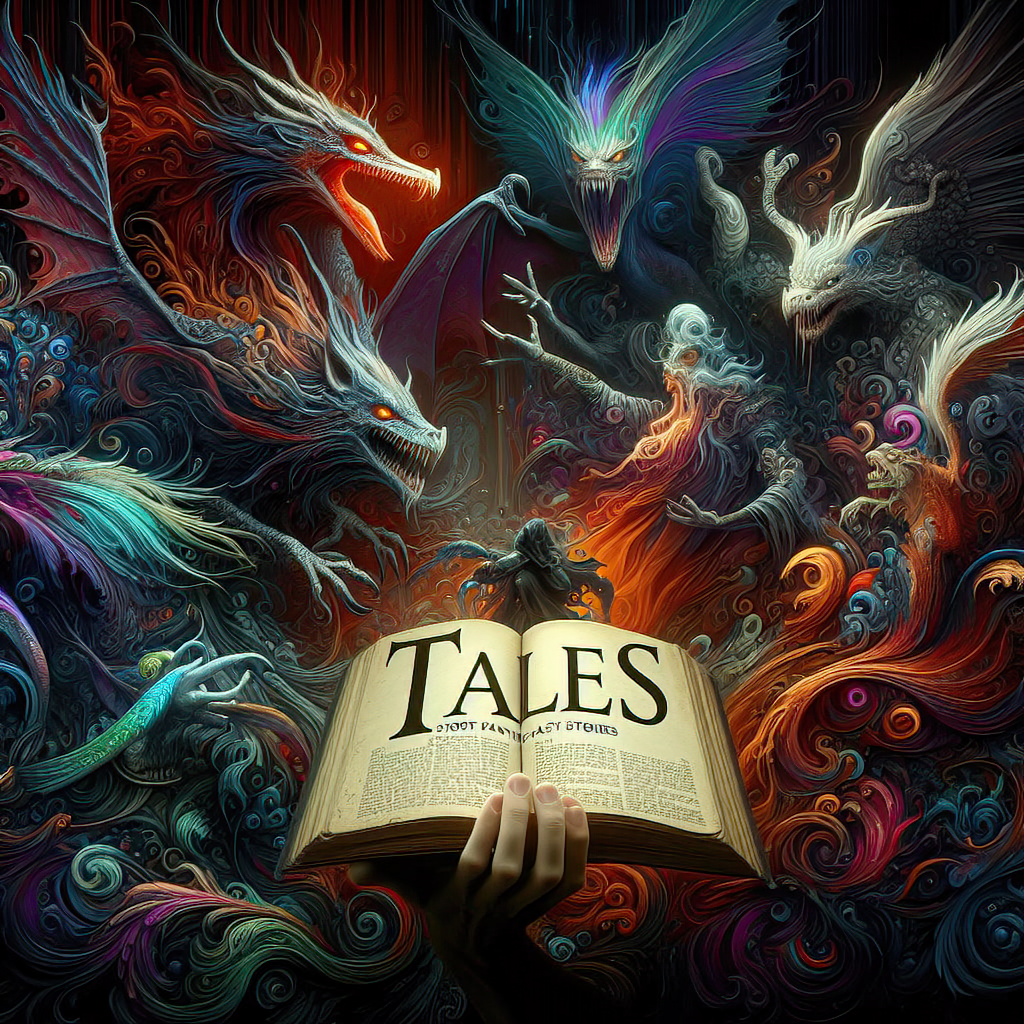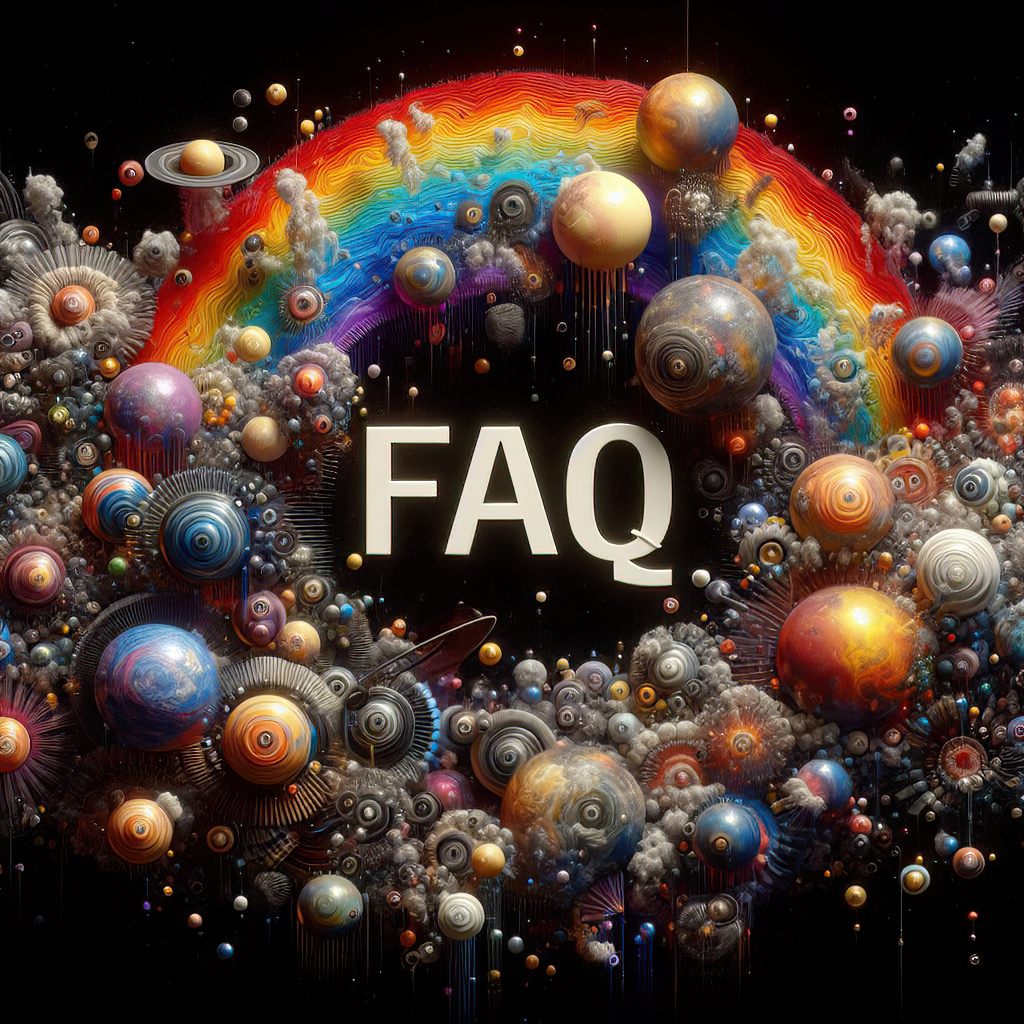Diamond Art Patterns / Charts
Step into the exclusive realm of our digital diamond art collection, where each pattern springs from our unique artistic creations. Our collection isn't just about crafting; it's a deep dive into a world of original art, transformed into mesmerizing diamond art patterns that you can bring to life from the comfort of your home. With the option to request PDF patterns, we offer a personalized crafting journey, enabling you to select, download, and begin your next project with ease. Every design in our portfolio is meticulously crafted to ensure clarity, richness in color, and a captivating crafting experience, tailored for artists of every skill level. Our digital patterns are designed to inspire and challenge, blending our original artwork with the immersive world of diamond art. Each pattern is a narrative in its own right, inviting you to not only craft but to connect with the story and emotion behind the art. From the serene to the surreal, our collection encourages you to pour your creativity and soul into every piece, making each completed project not just a work of art, but a personal masterpiece that reflects your unique vision and passion. In an online landscape filled with creativity, our collection shines brightly, designed to lead you directly to us when searching for your next creative endeavor. We encourage our community of artists to delve into our distinctive collection, request our diamond dot patterns, and share their creations and experiences. Join us in celebrating the joy of diamond art, where each pattern offers not just a creative outlet but a chance to bring our original artwork to life in your own unique way. Discover your next project within our collection and embark on a crafting journey that is deeply personal, endlessly creative, and beautifully original.































